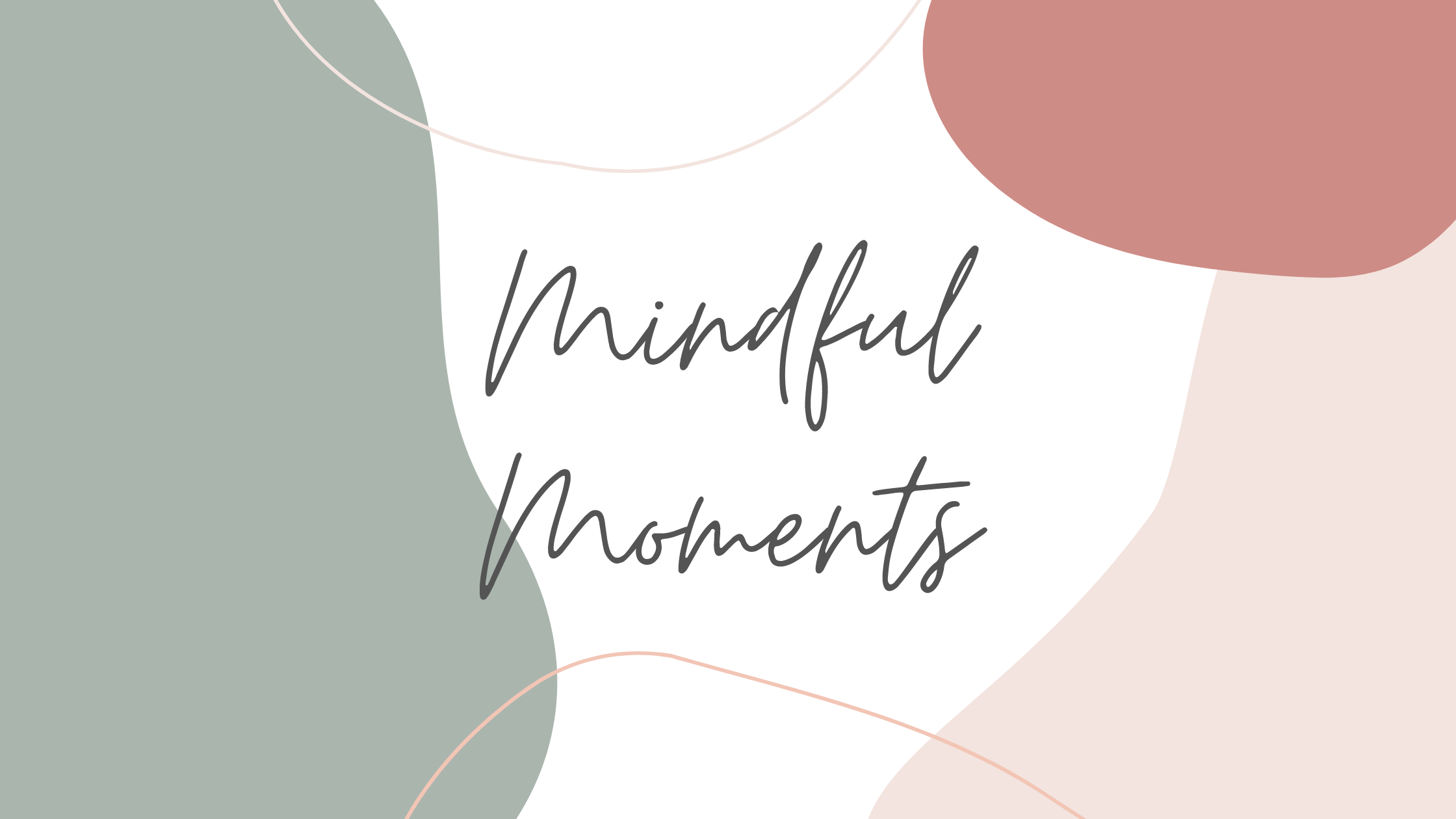How have self-care practices impacted your life and work?
I am, in some ways, a machine. I have an absurd capability to produce, to perform, to achieve, and to do it all as efficiently as possible. It is the mechanism I’ve developed to interface with the world and to survive, and in some ways it has served me well. But in other ways, I spin my wheels so hard and fast that I’m hundreds of miles down the road before realizing that I’m out of steam and breaking down. Self-care practices speak truth to me about my truest self, that beyond all that I can accomplish or achieve or produce—even and especially the “good” things—who I truly am is a child of God, and a human being made in God’s image. I do not need to push myself to the furthest limits of my abilities. I do not need to be efficient in all things. I do not have to serve everyone in every way possible. These are all parts of my false self, rearing its rather ugly head. Self-care speaks to and from my truest self, reminding me that I can rest, and I can receive good gifts, and I can be cared for, and I can be loved—independent of what or how much I can produce and accomplish. This is a liberating message. And when I choose to hear and imbibe that message, I also stop demanding that others produce and accomplish and keep my same frenzied pace. I instead allow them to be beloved image bearers of God, worthy of being seen and cared for and loved.
Are there any practices of self-care that you are implementing in 2018? Why?
I want to be more connected to other humans. I am a task-oriented person, and if I’m honest with myself, I sometimes see people as obstacles to my accomplishing those tasks. But when a friend invites me to have tea or to go out for drinks, I want to say yes and to say it fully and not see it as keeping me from my very real and demanding stack of to-do items. I want to initiate this more, and to receive others’ invitations with gratitude.
How does your industry/field practice or promote self-care?
My training and work are in the field of theology, and in many ways the Western church has adopted really bad theology about the body, speaking of it solely or mostly in pejorative terms and relegating it to a status inferior to things of the spirit. But true, good, biblical theology honors the body, honors creation, and holds all these as sacred. So, when we are at our best, we theologians not only speak of the sacredness of all of creation but we live from and into that reality in the ways we care for ourselves, for others, and for all of creation. When we are at our worst, we speak and live in ways that drive further the perceived disconnect between sacred and secular, body and spirit. Sometimes, good self-care can be part of what helps us navigate how to hold together those pieces that never were meant to be separated.
Are there any books/movies/songs that are currently life-giving for you?
Here are things that are currently bringing me life, all for various reasons which share one common thing: they orient me to the present and help me live more fully as a human being.
Mallory Wyckoff (DMin, MTS) lives with her husband, Tim, and daughter, Olive, in Nashville, TN, despite her sincere dislike of country music and Southern food. Mallory is a spiritual director and seeks to create safe spaces wherein people can explore more fully the mystery of the Divine and who they are as image-bearers of God. She also teaches in the College of Bible and Ministry at Lipscomb University, and works in the DMin department supporting students in their doctoral research.
If you are looking to add counseling into your routine and rhythm, then contact Jessica at 615-979-4168 or by filling out this form. If you want more information on self-care check out these resources.




























